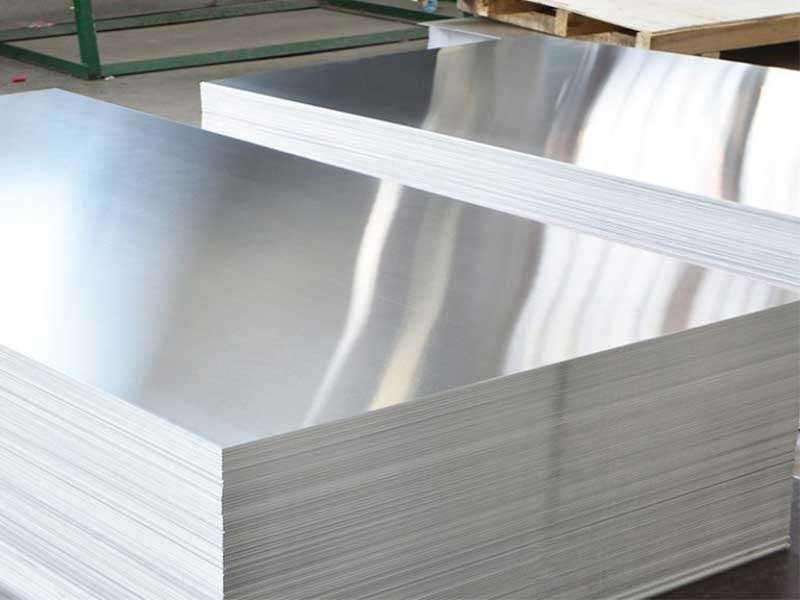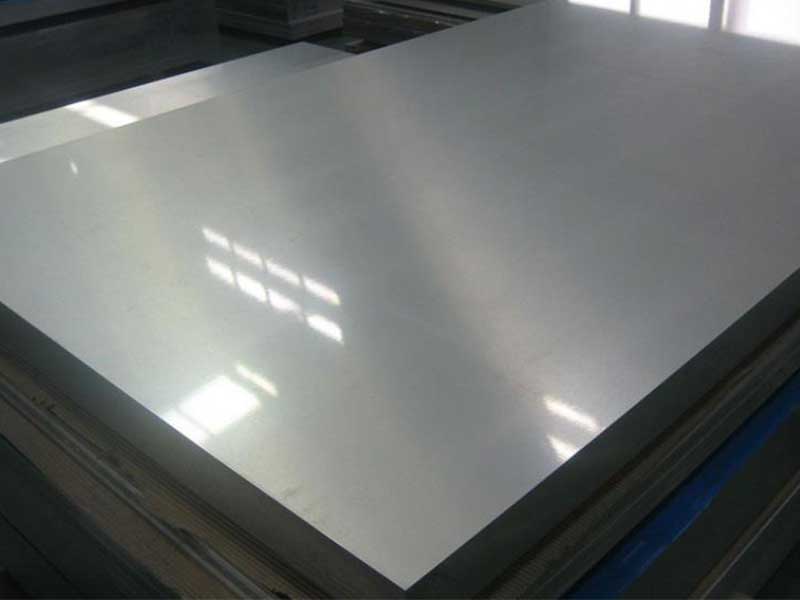When it comes to building reliable and efficient fuel tanks, selecting the right materials is paramount. Among the options available, aluminum sheets stand out due to their exceptional properties. The specific aluminum alloys used in manufacturing these sheets play a critical role in ensuring the durability, safety, and performance of fuel storage solutions.
The Importance of Aluminum Alloy Selection
Aluminum is beloved in the construction of fuel tanks for several reasons. Its lightweight nature allows for reduced vehicle weights and enhanced fuel efficiency. Moreover, aluminum’s high resistance to corrosion ensures that fuel tanks. Potentially exposed to various environmental factors remain in excellent condition over time. But not all aluminum alloys are created equal; understanding the differences between them is crucial.
Key Aluminum Alloys for Fuel Tank Applications
1. Aluminum Alloy 5052:
Known for its excellent corrosion resistance, Aluminum Alloy 5052 is often used in fuel tank applications. This alloy exhibits great formability, making it easy to manipulate during the manufacturing process. Its high strength-to-weight ratio also contributes to the overall durability of fuel tanks, ensuring they can withstand external impacts while maintaining a lightweight structure.
2. Aluminum Alloy 5754:
Another popular choice in fuel tank construction is Aluminum Alloy 5754. Similar to 5052, it possesses outstanding corrosion resistance. Moreover, alumina's natural oxidation process leads to a protective layer that enhances its lifespan in harsh environments such as those encountered during fuel storage.
3. Aluminum Alloy 6061:
The versatility of Aluminum Alloy 6061 makes it suitable for a variety of applications, including fuel tanks. It is well-known for its good mechanical properties, and though it's slightly heavier, it is highly weldable, which can be advantageous during the tank fabrication processes.
4. Aluminum Alloy 3003:
Traditionally known for its lower strength properties compared to other aluminum alloys, 3003 is still utilized in less demanding fuel tank configurations. Its exceptional workability makes it an attractive choice for creating complex shapes and lighter structures.
Advantages of Aluminum Sheet Alloys in Fuel Tanks
1. Enhanced Durability:
Aluminum alloy sheets, designed for fuel tanks, offer robust solutions that resist impact, tear, and wear over many years, thus reducing the risk of leaks and ensuring safety.
2. Corrosion Resistance:
The natural corrosion-resistant properties of aluminum alloys greatly minimize maintenance needs, providing a significant long-term cost benefit to consumers and manufacturers alike.
3. Lightweight Design:
Aluminium's lightweight nature means that fuel tanks made from these materials do not contribute excessive weight to vehicles. This improvement plays a crucial role in enhancing fuel efficiency across industries, particularly automotive and aviation.
4. Recyclability:
An advocate for sustainability, aluminum is fully recyclable without loss in quality, making it an environmentally friendly option for fuel tank fabrication.











